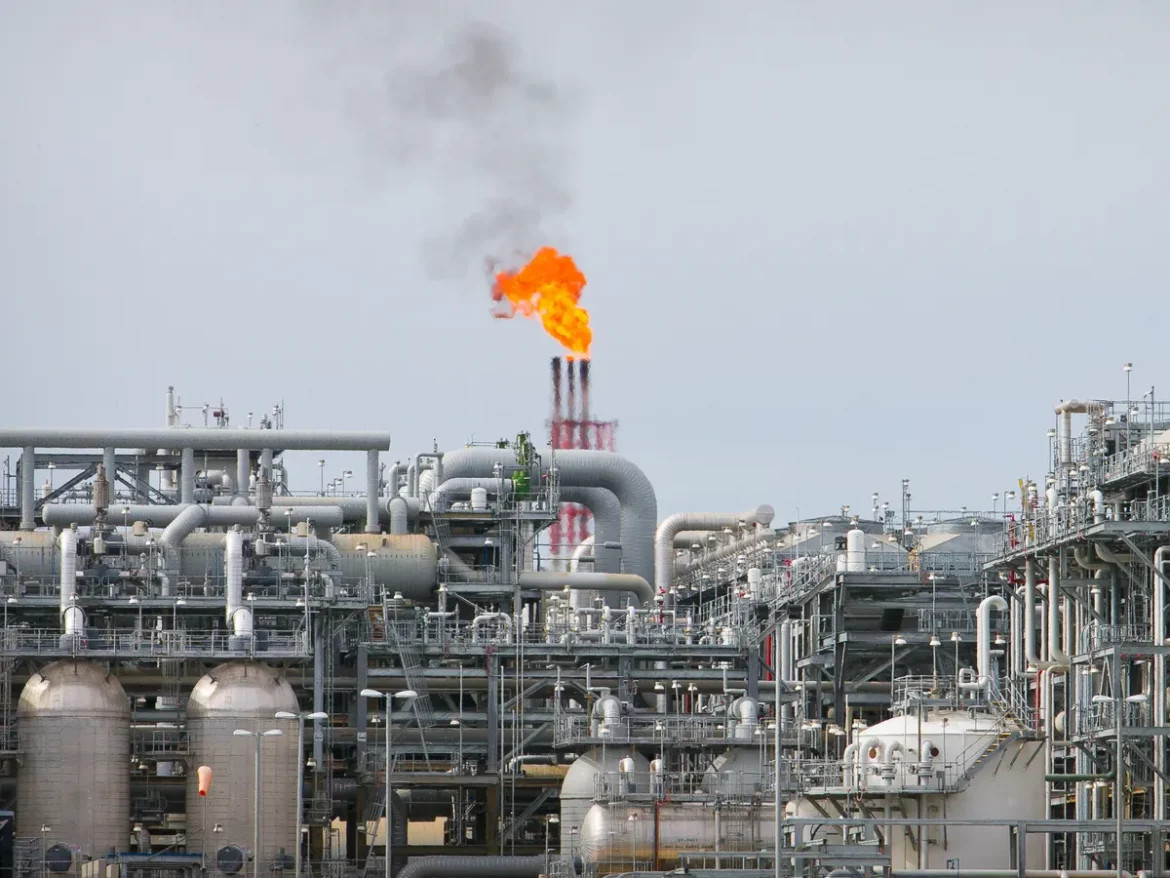The owners of Australian coal and gas-fired power plants are reported to have joined the country’s leading business groups in saying the Coalition should keep Labor’s 2030 climate target if it wins the next election.
The Australian Energy Council, which represents electricity companies and gas wholesalers and retailers, the Business Council of Australia and the Australian Industry Group said maintaining an interim target – legislated as a 43% cut compared with 2005 levels – was an important step in getting to net zero emissions by mid-century.
Some of the business groups said the 43% target would be difficult, but the government should aim to meet it. None said they agreed with the opposition leader, Peter Dutton, that it was “unachievable”.
On Tuesday, Dutton repeated that he would not back the legislated goal, and revealed the Coalition did not intend to propose an alternative 2030 emissions reduction target before the next election, which is due by May
He said that Labor’s target would “harm Australian families”, and that a decision on interim targets would be made “when we are in government”. But he said the Coalition was still committed to net zero emissions and the 2015 Paris climate agreement.
Read also: Scientists say 17m insects fly each year through narrow pass in Pyrenees
Several climate experts said his refusal to back the country’s 2030 target meant a Dutton government would be in breach of the Paris deal, which commits countries to progressively increase commitments every five years and to make pledges that reflect their “highest possible ambition”.
The agreement’s headline goal is to limit global heating to well below 2C and to pursue efforts to keep it to 1.5C above preindustrial levels. Scientists say this requires rapid emissions cuts before 2030 on the way to net zero.
The energy council told the Guardian it continued to support the country’s economy-wide interim emissions reduction target for 2030, describing it as an “important stepping stone towards achieving net zero”. Its interim chief executive, Ben Barnes, said interim targets gave certainty to industry and the broader economy on the “investment pathway” to net zero.
He said the 43% target would be challenging to meet but said “that is not a reason to stop trying”.
“The energy sector will do most of the heavy lifting to reduce emissions between now and 2030, which will enable other sectors to achieve their decarbonisation objectives,” Barnes said. “It’s critical that we continue to work towards reducing our emissions as quickly as is possible and affordable.”
The chief executive of the Business Council of Australia, Bran Black, said his organisation was committed to achieving net zero emissions by 2050, and interim targets were a critical part of that. “Already announced and legislated targets should remain in place,” he said.
The head of the employer association the Australian Industry Group, Innes Willox, said his organisation supported Australia’s interim emissions target as “a guide path and glide path” to meeting the Paris goals. But he said targets needed to be credible to support investment, and Australia’s 43% goal was “in the balance”.
Story was adapted from the Guardian.
